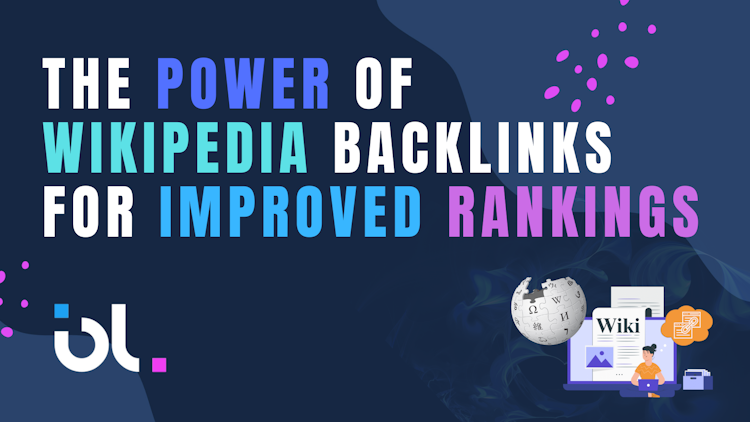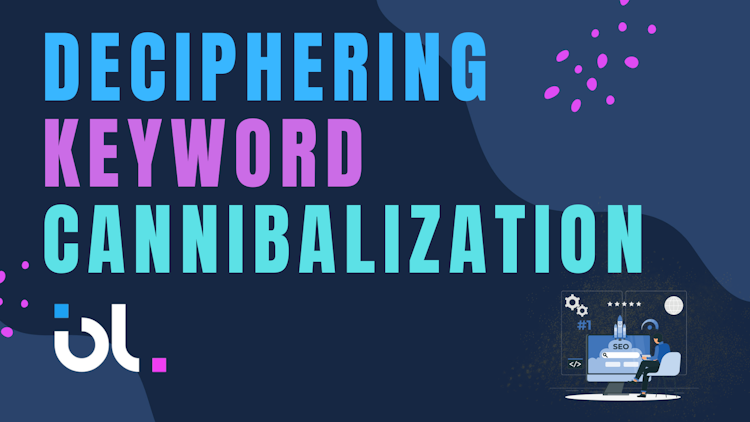What exactly is meant by the term “keyword cannibalization,” how does it impact you, and what steps you may take to prevent it?
How Does Keyword Cannibalization Work?
Keyword cannibalization refers to the situation when numerous pages on your website are competing for the same keyword or phrase. Confusion among search engines is a potential consequence of this, which may lead to lower ranks and a reduction in the number of visits to your website.
As an example, let’s imagine you have a website that is dedicated to dogs. Your website has two pages that specifically focus on the phrase “Toxic food for dogs”. This is an instance of keyword cannibalization, since both web pages are competing for the same term.
Keyword Cannibalization: What Does It Mean for You?


Additionally, keyword cannibalization might result in a decline in the quality of the content that is shown on your website. It is possible for numerous pages to compete for the same keyword, which might result in duplicate content. This can have a negative impact on the rankings of your website.
3 Signs of Keyword Cannibalization in SEO
Detecting and addressing keyword cannibalization early on is crucial for maintaining optimal SEO performance. Here are some key indicators to watch out for:
- Fluctuating top-ranking URLs: Frequent changes in your top-ranking URLs are a red flag for keyword cannibalization. Such fluctuations signal confusion for search engines, leading to inconsistent ranking decisions. Consequently, this instability alters the user experience, potentially directing visitors away from your most conversion-oriented pages, resulting in missed opportunities.
- Stagnant keyword rankings despite quality content and backlinks: Despite having stellar content and robust backlinks, if your pages fail to achieve the expected rankings, it could signify keyword cannibalization. This phenomenon suggests that the authority and relevance signals of your pages are diluted across multiple URLs, thereby diminishing their individual effectiveness. In essence, the dispersion of link juice across irrelevant URLs hampers the overall ranking potential of your content.
- Incorrect page ranking: When an inappropriate URL secures a higher ranking position, it’s a telltale sign of keyword cannibalization. Search engines mistakenly perceive the wrongly ranked page as more pertinent to the search query, overshadowing the page that should rightfully occupy that position. This scenario commonly unfolds in eCommerce settings, where a specific product page overshadows the broader category page for relevant keywords. Consequently, this misalignment could lead to compromised conversion rates as users are directed to less optimal landing destinations.
Avoiding Keyword Cannibalization


Here are a few ways to prevent keyword cannibalization:
- Develop a comprehensive keyword strategy: Prior to content creation, devise a strategy that clearly defines the keywords targeted for each page. This ensures that every page focuses on a distinct keyword or phrase.
- Leverage keyword research tools: Utilize various keyword research tools to uncover exclusive keywords and phrases for each page. This practice aids in guaranteeing that each page targets a unique keyword or phrase.
- Regularly monitor your website’s rankings: Keep a close eye on your website’s rankings to confirm that each page is optimized for a distinct keyword or phrase. If multiple pages are vying for the same keyword, take corrective measures to rectify the situation.
To Wrap Things up
A common issue in SEO called keyword cannibalization can detrimentally affect your website’s search engine rankings. When multiple pages compete for the same keyword or phrase, it creates competition. To mitigate this, ensure each page targets a unique keyword or phrase. Utilize specialized keyword research tools to identify distinctive keywords for each page. Following these strategies safeguards your website’s content quality and prevents keyword cannibalization from negatively impacting its rankings.




